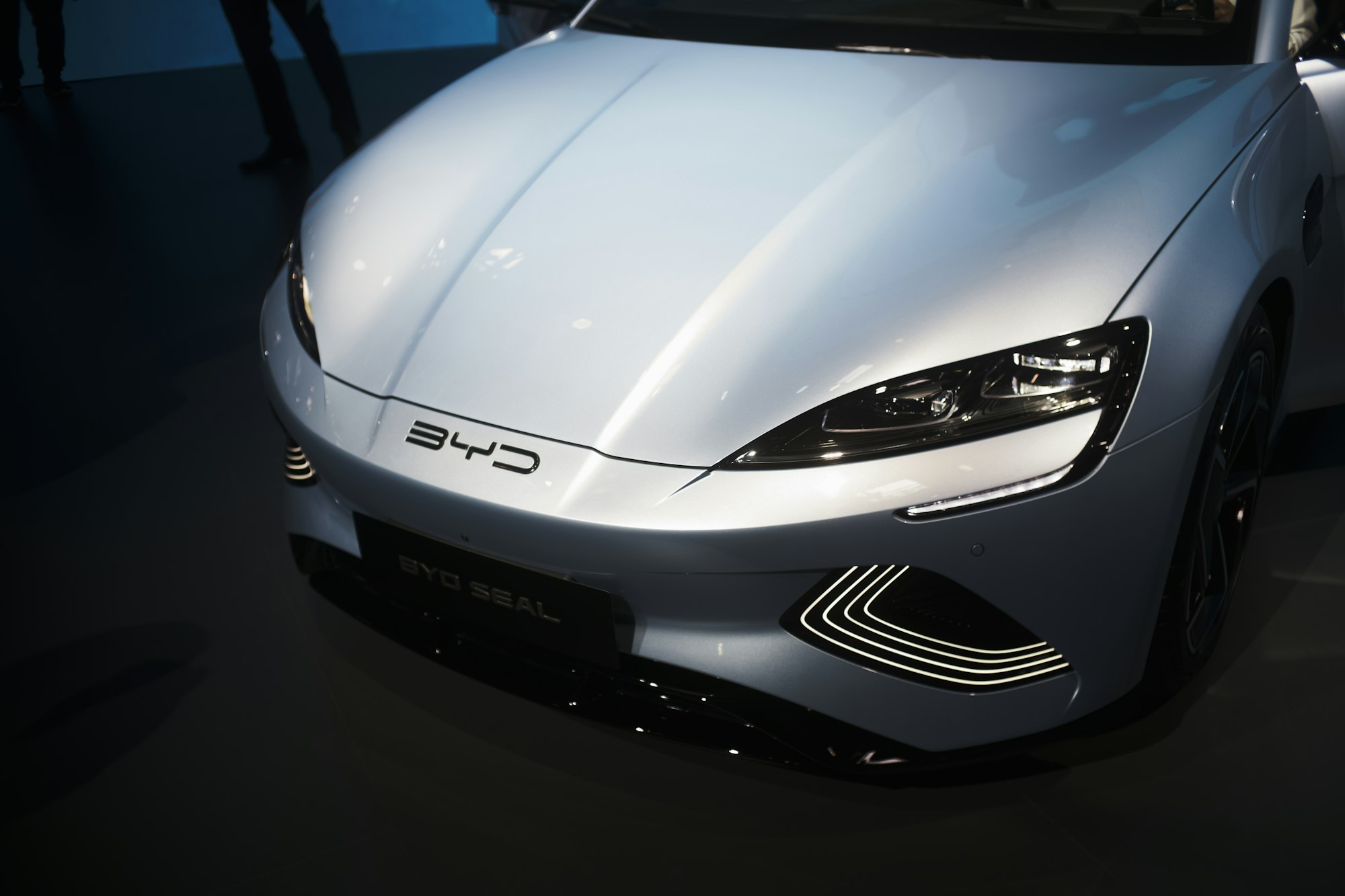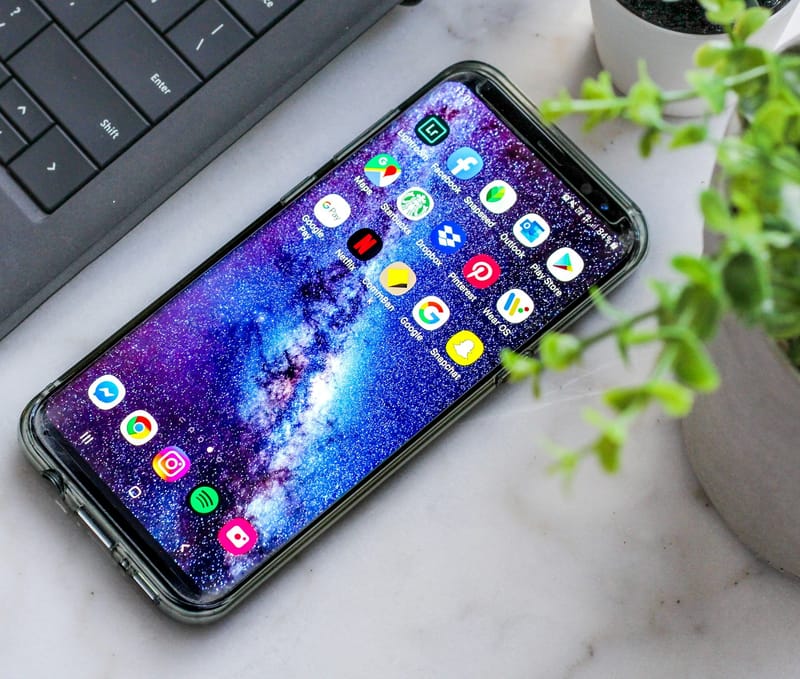Can this Nigerian EV startup really hold its own against Africa’s biggest players?
The company has secured debt and equity funding, though details remain under wraps.
Although EV adoption in Nigeria is still in its early stages, a new local startup called NEV Electric is capitalizing on the huge potential of the Electric Vehicles market, which is projected to reach a staggering $828.6 billion worldwide in 2025, per Statista.
Describing itself as one of the first electric car manufacturing companies in the country, it wants to transform transportation by providing high-quality electric vehicles tailored to the needs of Nigerian drivers.
But after pulling in $14 million in revenue over the past 14 months, with plans to hit $50 million in the next 15 months, one wonders if NEV Electric can keep up with the competition in Africa, let alone globally.
Take BasiGo, for instance. The Nairobi-based startup that isn’t just selling electric buses, but building an entire ecosystem. With $42 million in funding, it has deployed 52 buses and secured energy partnerships to keep them running. Meanwhile, Spiro has locked in $50 million in debt financing, fueling its 22,000-strong fleet of EV bikes across Togo, Rwanda, and Uganda.
NEV Electric, on the other hand, says it has assembled 100 electric buses, surpassing BasiGo’s numbers. It’s also working on 300 charging stations, which are set to roll out in Lagos and Abuja by August 2025. But unlike its rivals, it’s doing all this without publicly disclosed external funding—at least for now. CEO Mosope Olaosebikan has confirmed that the company has secured debt and equity funding, though details remain under wraps.
But funding isn’t the only concern—charging access and range anxiety (fear that a vehicle has insufficient energy storage) are major barriers to EV adoption in Nigeria. Olaosebikan thinks the fear is overblown—pointing out that one of his EVs gets 600 km per charge, while the average ICE SUV maxes out at 300 km per full tank.
Still, infrastructure matters. BasiGo has already built out partnerships to keep its fleet powered, while NEV Electric is still rolling out its charging network.
The Nigerian government, at least, is offering some support. Tax exemptions on EVs and steel imports are making local production cheaper, and Olaosebikan says this move saved NEV Electric billions in import duties. That should also help as the company pushes forward with its next big goal—rolling out 2,000 high-capacity EVs and 10,000 micro EVs by the end of 2025.
Momentum is on its side, but Africa’s EV industry isn’t a sprint—it’s a marathon. Whether NEV Electric can keep pace with the region’s biggest players remains to be seen.








